Common Types of Concrete and Their Applications in Construction
In the construction industry, concrete plays an extremely important role, being one of the indispensable basic construction materials. Widely used from civil works to large-scale industrial works, concrete is not only highly durable but also easy to manufacture and construct. However, not all concrete is the same. In this article, we will learn about common types of concrete and their applications in construction.
1. Regular Concrete (Fresh Concrete)
Regular concrete is the most commonly used type of concrete in construction projects today. This type of concrete can be premixed at concrete batching plants and transported to the construction site.
Application:
- Civil works: Houses, villas, apartment buildings.
- Infrastructure works: Roads, bridges.
- Foundations, floors: Used as basic construction materials for foundations and floors of works.
Concrete is often easy to construct and has reasonable costs, making it a popular choice for many types of works that do not require too high strength.
2. High Strength Concrete (Super Strength Concrete)
High-strength concrete is a type of concrete designed to achieve superior strength compared to conventional concrete. It is often used in structures that require high durability and stability, such as high-rise buildings, bridges, or structures that can withstand heavy loads.
Application:
- High-rise buildings: High-rise buildings require concrete with high load-bearing capacity.
- Bridges, roads: Large traffic structures such as bridges and highways require concrete with optimal load-bearing capacity.
- Industrial buildings: Factories and warehouses with high loads.
This type of concrete can be mixed with additives to increase durability and water resistance.
3. Special Purpose Concrete (Traffic Concrete)
Specialty concrete is a type of concrete that is specially developed to meet the specific requirements of each project. The ingredients of this concrete are designed to withstand harsh environmental factors such as high temperature, humidity, or chemical effects.
Application:
- Bridges, highways: This type of concrete is often used in traffic infrastructure projects with special requirements for durability.
- Outdoor projects: Specialized concrete is capable of resisting weather effects such as rain, sun, and high humidity.
Thanks to its outstanding ability to resist environmental factors, specialized concrete is widely used in traffic projects and outdoor construction projects.
4. Precast Concrete (Prefabricated Concrete)
Precast concrete is concrete that is produced in a factory and then transported to the construction site for installation. Precast concrete products can be columns, beams, walls, or other structural components.
Application:
- High-rise buildings: Precast concrete components such as columns, beams, and walls can be used to quickly construct high-rise buildings.
- Bridges and roads: Precast components help shorten construction time and reduce construction costs.
Precast concrete helps save time and costs during construction, while ensuring construction quality.
5. Ultra-Lightweight Concrete (Porous Concrete)
Ultra-lightweight concrete, also known as foamed concrete, is a type of low-density concrete, made from foam or air particles. This type of concrete is lightweight but still ensures durability and good insulation.
Application:
- Lightweight construction: Ultra-lightweight concrete is often used in civil works such as houses, villas, especially works requiring insulation and energy saving.
- Partitions, ceilings: With its light weight, foam concrete is very suitable for making partitions or ceilings in works.
Foam concrete helps save construction costs, while providing good sound insulation and heat insulation, suitable for works requiring energy saving.
Benefits of Different Types of Concrete
- High sustainability: Concrete has good load-bearing capacity, good waterproofing and resistance to environmental impacts.
- Cost savings: Concrete is a material that is easy to produce and construct, helping to reduce construction costs.
- Diverse applications: Each type of concrete has applications suitable for different requirements of each project, helping the project to be designed and constructed in the most optimal way.












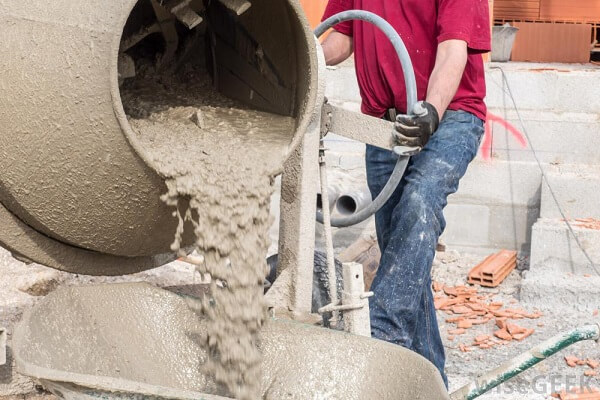
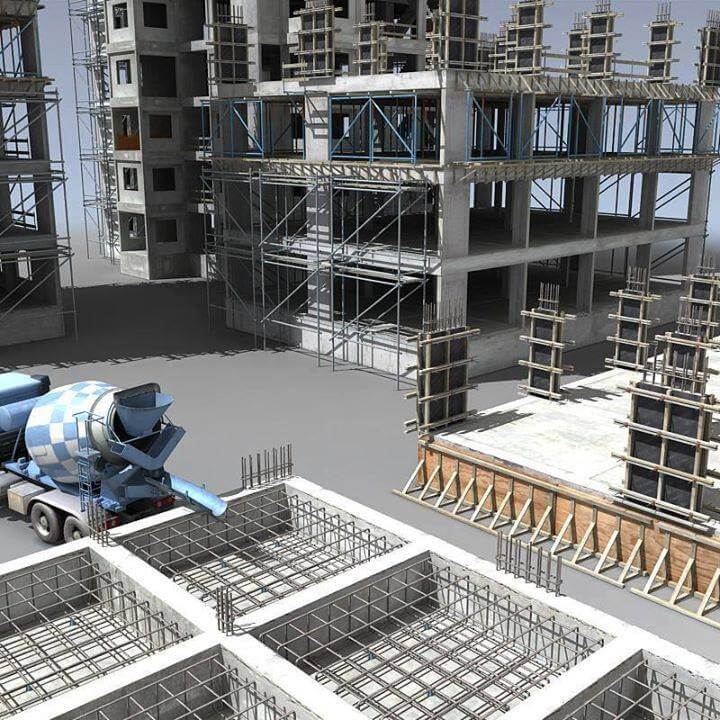
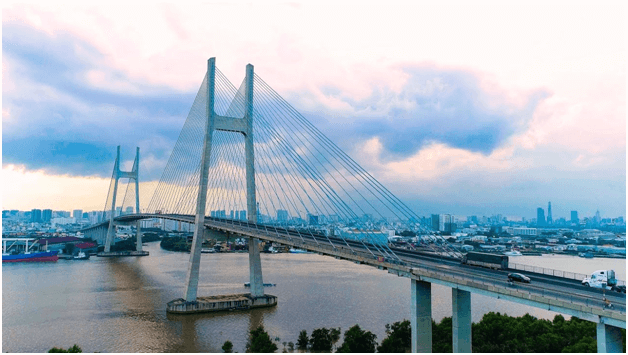
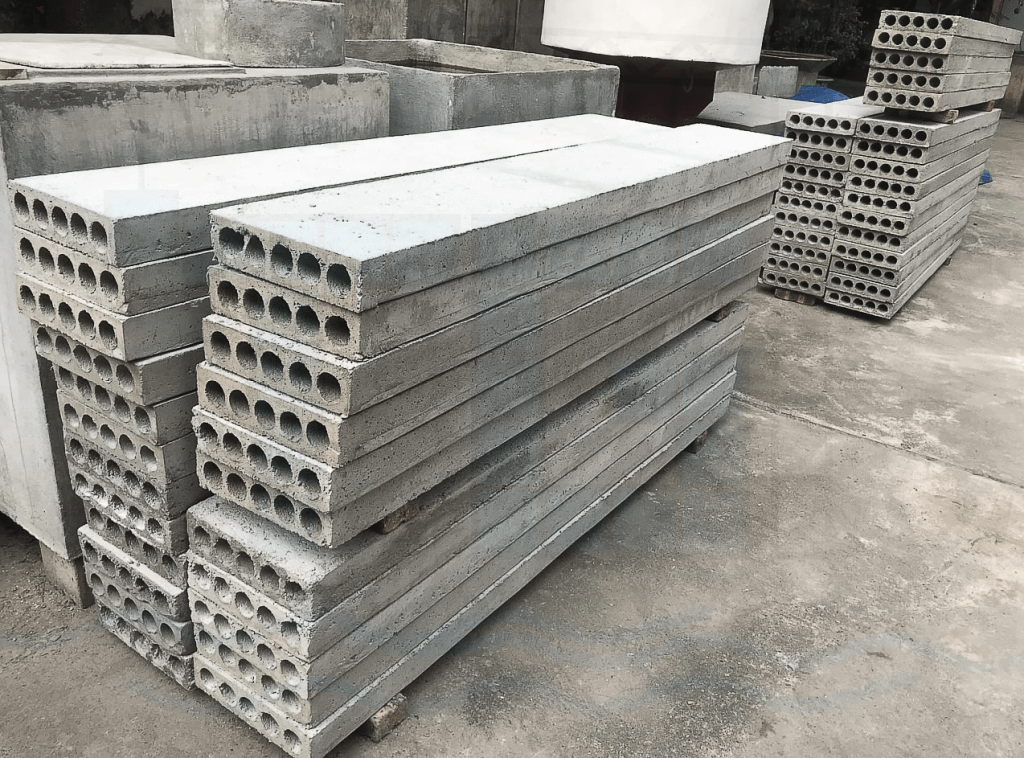
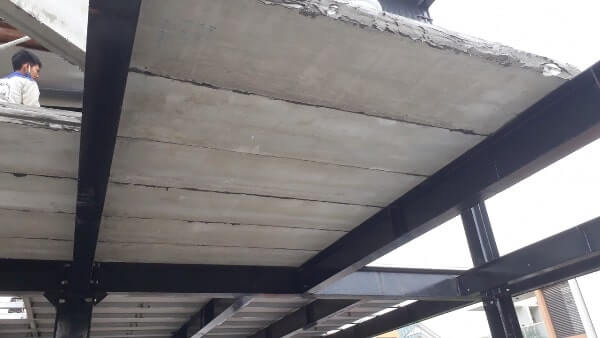
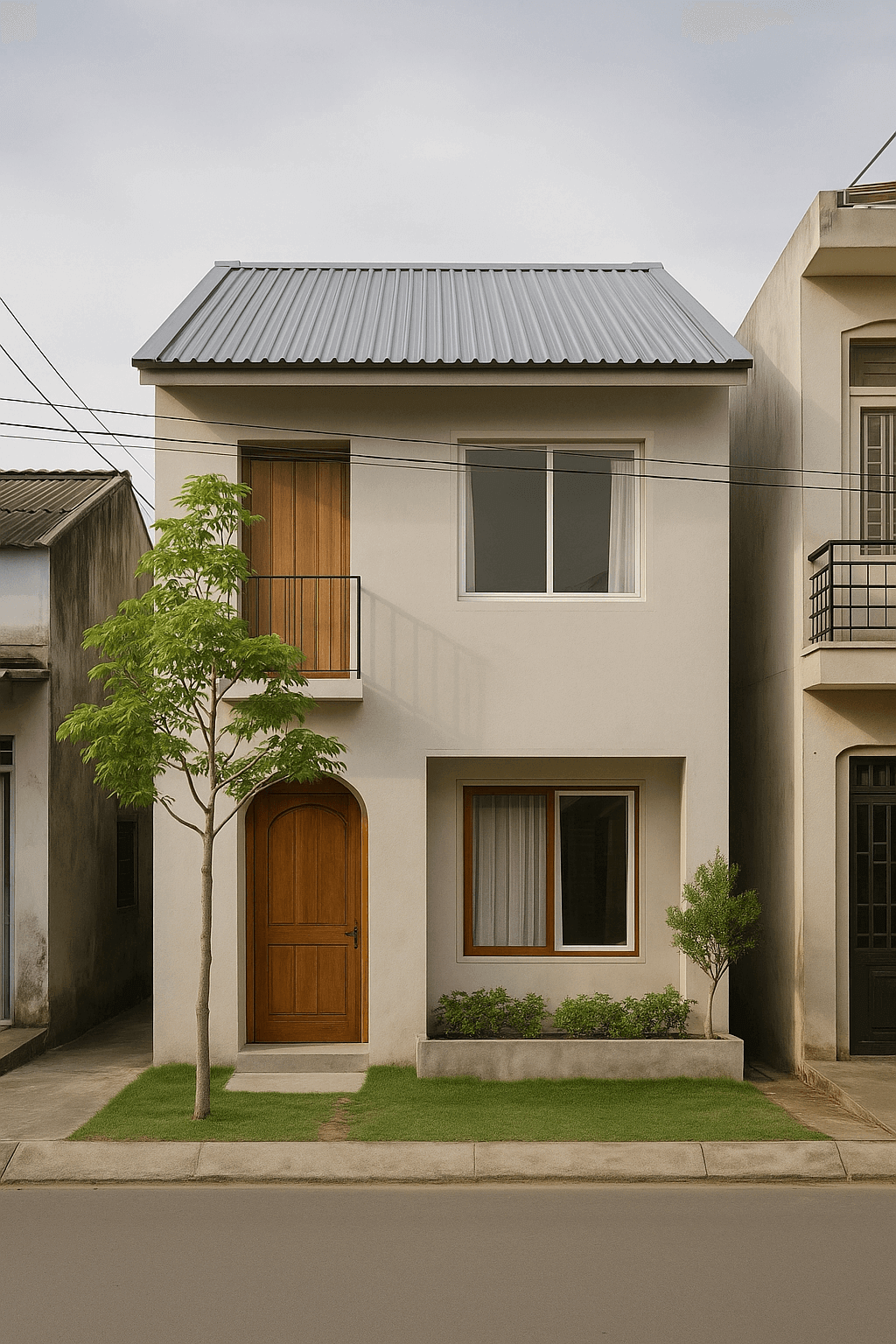
_crop_anh_bia.png)
_crop_0.png)







